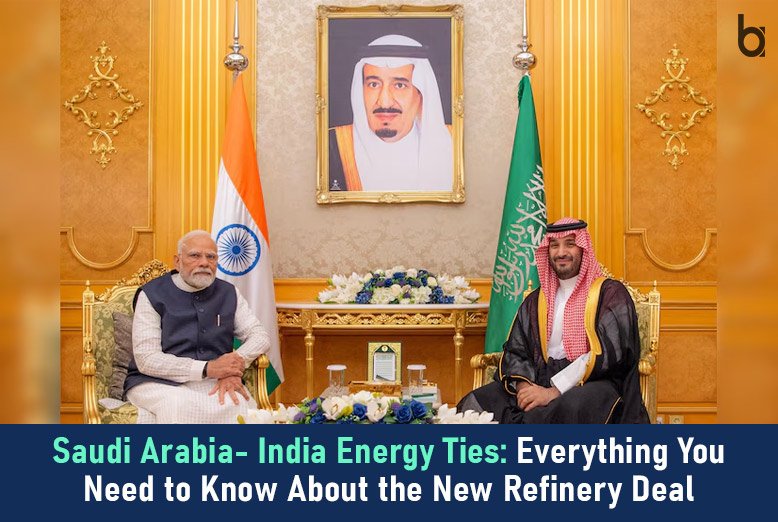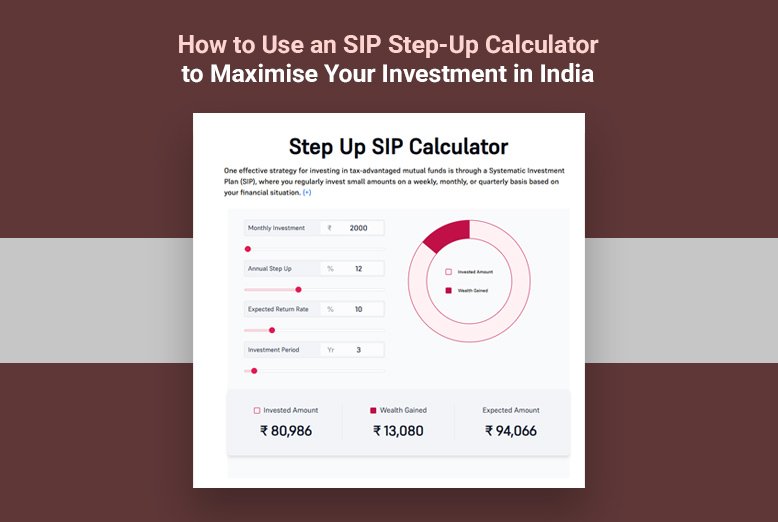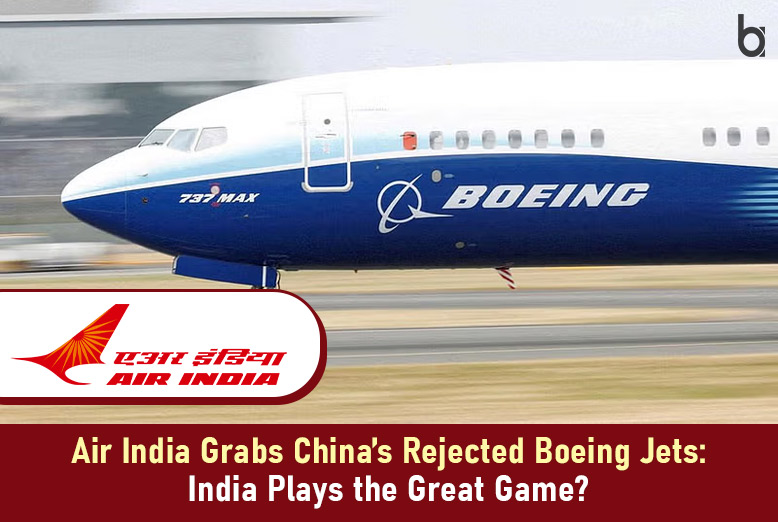Did you know that the Fast-Moving Consumer Goods (FMCG) market in India is set to grow at an impressive 27.9% Compound Annual Growth Rate (CAGR) from 2023 to 2029, reaching nearly $1007.45 billion? This places the Indian FMCG market among the world’s fastest-growing. If you’re interested in learning about the top seven FMCG companies in India based on their sales turnover, you’ve come to the right place. In this blog post, we’ll introduce you to these leading companies and explore their product, pricing, placement, and promotion strategies. Let’s begin.
1. Amul
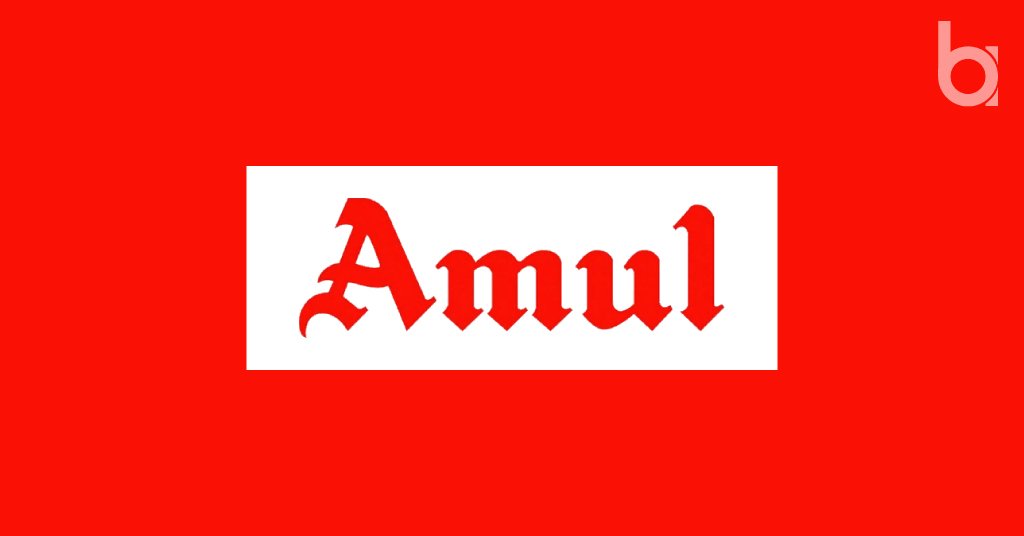
- Founder: Verghese Kurien, Tribhuvandas Kishibhai Patel
- Foundation Year: 1946
- Sales Turnover: Rs 72,000 crores
Amul holds a significant position in the Indian dairy industry and ranks among the country’s most important FMCG companies. Known for its high-quality and delicious products, Amul offers a diverse range of flavors and sizes to cater to various consumer preferences. Their products are also affordably priced. Amul’s product range includes milk, butter, cheese, flavored yogurt, ice cream, and more.
Amul employs a pricing strategy that combines competitiveness with cost-effectiveness. Their primary goal is to provide top-quality dairy products at reasonable prices. This strategy takes into account factors such as raw materials, labor, farmer profits, transportation, and storage costs. For frequently purchased items, Amul adopts a cost-effective approach, offering these products at prices lower than their competitors. Conversely, for products like Amulspray, they employ competitive pricing, setting prices in line with those of their rivals.
Amul serves a broad range of customers in both urban and rural areas, catering to children, adults, and businesses. To reach this diverse demographic, Amul has built an extensive distribution network encompassing 9,200 distributors and 720,000 retailers, which extends to its liquid milk offerings. This distribution network functions through two primary channels:
- Procurement channel: In this channel, farmers supply milk to cooperatives, which is then transported in bulk to processing plants for the creation of final products.
- Distribution channel: This channel involves the delivery of finished products to end-users through carrying and forwarding agencies, distributors, dealers, and retailers.
Moreover, Amul primarily depends on television, social media, and print media for advertising to promote and engage its audience. They have also created memorable taglines such as “Amul doodh peetha hai India” and “Utterly Butterly Delicious, Amul’s!” to boost their brand recognition and recall.
2. Hindustan Unilever Ltd
- Founder: Hindustan Vanaspati Mfg. Co. Ltd., United Traders Ltd., Lever Brothers
- Foundation Year: 1933
- Sales Turnover: Rs 58,154 crores
HUL, one of India’s leading FMCG companies, offers a diverse range of products, encompassing food, beverages, home goods, water purifiers, and personal care items. In the realm of food and beverages, HUL’s portfolio includes ice cream, tea, coffee, salt, flour, instant meals, spices, as well as ketchup and jams. For home products, HUL provides detergents and cleaners, while their personal care lineup features shampoos, soaps, creams, and perfumes.
HUL maintains its dominant position in India’s FMCG sector through an effective pricing strategy that caters to both urban and rural markets with competitive prices and quality products tailored to middle-class households. To uphold its price competitiveness, HUL regularly adjusts prices in response to market rivals, thus maintaining equilibrium.
With an extensive global distribution network encompassing 2 million direct outlets and 7.7 million retail locations (6.3 million in urban India), HUL places a strong emphasis on delivering quality and enhancing the customer experience. Their rural distribution initiatives aim to expand sales by offering affordable pricing and high-quality products.
HUL actively participates in sustainability initiatives, such as the Shakti campaign, Project Bharat, and Lifebuoy Swasthya Chetana. Their promotional strategies encompass various channels, including newspapers, the Internet, personal selling, and direct selling, among others.
3. Patanjali
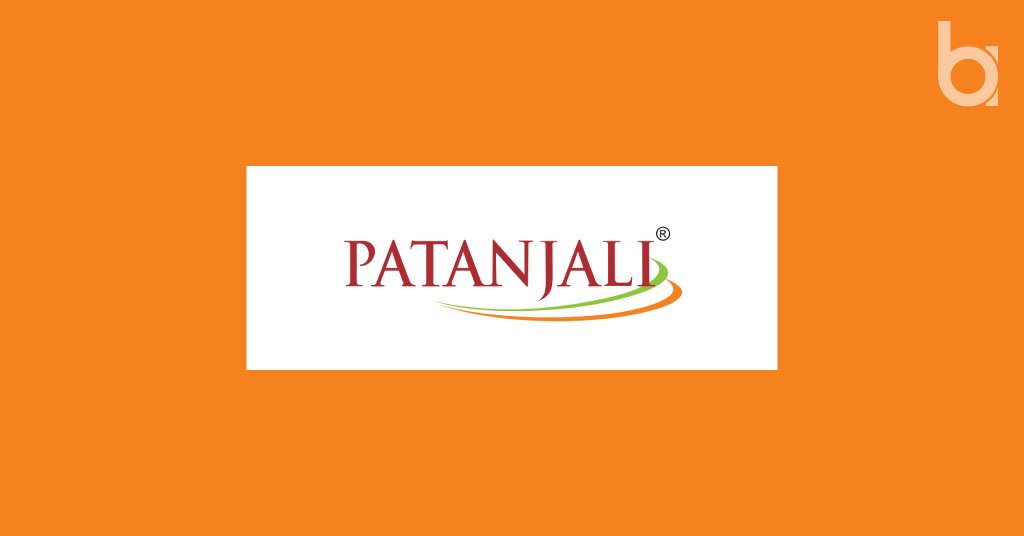
- Founder: Baba Ramdev, Balakrishna
- Foundation Year: 2006
- Sales Turnover: Rs 31,500 crores
Patanjali, a prominent Indian FMCG company specializing in healthcare products, offers a wide array of over 400 items that encompass cosmetics, food, hair care, skin care, oral care, and medicines. Notably, all of Patanjali’s products are Ayurvedic and do not contain harmful chemicals. This includes their food range, which features items such as biscuits, noodles, and cornflakes.
In the highly competitive Indian FMCG industry, Patanjali competes alongside major players. An important facet of their strategy is to adjust pricing in accordance with the competition within each segment they enter. For example, Patanjali’s noodles directly compete with Maggi. This approach aligns with established FMCG models that prioritize healthier and more natural alternatives.
Patanjali has established partnerships with prominent retailers like Future Group, Reliance Retail, and Hypercity to ensure widespread accessibility of its products in cities and towns across India. Approximately 5,000 retailers and smaller grocery stores actively promote the company. Patanjali is also actively expanding its online presence. Furthermore, the reach of their products extends beyond India, as they are available in countries such as Nepal, Saudi Arabia, the UAE, the Middle East, Bangladesh, Sri Lanka, and more.
For promotional efforts, Patanjali employs various media channels, including print, television, online platforms, and billboards. The brand’s ambassador, yoga guru Ramdev Baba, has significantly contributed to their growing recognition. Patanjali’s advertisements emphasize the natural and ayurvedic origins of their products while criticizing competitors for their use of harmful ingredients.
4. ITC
- Founder: William M. Jacks
- Foundation Year: 1910
- Sales Turnover: Rs 17,634.89 crores
ITC offers a diverse range of products, encompassing items such as biscuits, cakes, noodles, spices, and juices (such as Aashirvaad Atta, Sunfeast Biscuits, and YiPPee! Noodles), along with personal care products (e.g., Savlon soaps and Engage deodorants). They are also present in the stationery sector, offering products like pens, pencils, and notebooks.
The company adopts an affordable pricing strategy for most of its products, targeting middle-class families. However, premium pricing is applied to specific items, particularly within their hotel segment.
With an extensive distribution network spanning over 4 million retail outlets across India and boasting approximately 60 distribution centers, ITC ensures the wide availability of its products. They also have a global presence, reaching regions such as Australia, North America, Africa, and the Middle East.
ITC promotes its products through a variety of channels, including television, print, and radio, employing different brand ambassadors. Notably, classmates initiated the Ideas for India Challenge and engaged in digital campaigns and cross-marketing initiatives, such as collaborating with Paytm for promotional activities.
5. Dabur India Ltd.
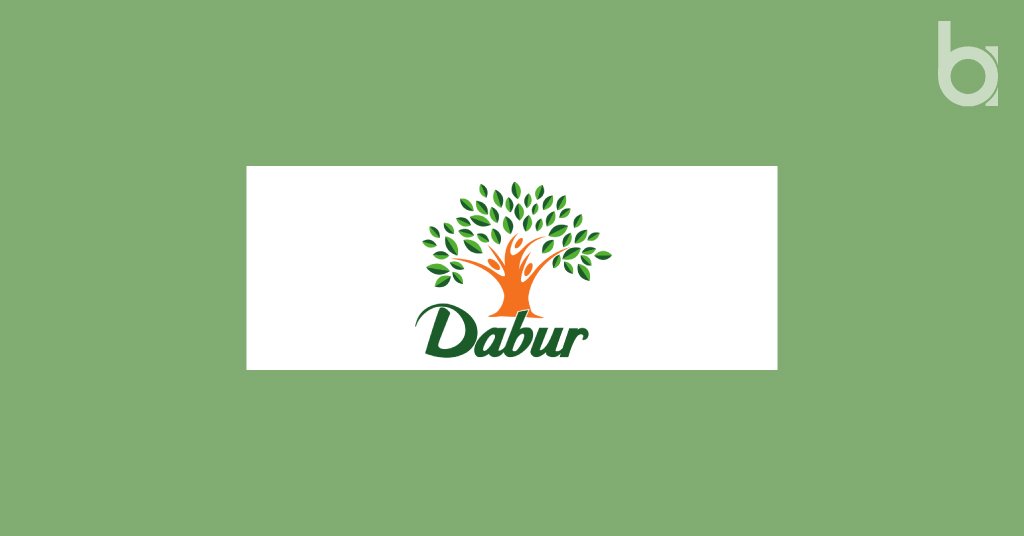
- Founder: S.K. Burman
- Foundation Year: 1884
- Sales Turnover: ₹11,529.9 crores
Dabur, a well-regarded FMCG company, is committed to providing high-quality herbal products. Their product range encompasses a variety of FMCG categories, including personal care, healthcare, food, beverages, and home care items, all of which enjoy considerable popularity in India. Dabur has earned the trust of a broad customer base in the country.
Dabur tailors its pricing strategy for each product to ensure affordability and competitiveness. This approach extends to their non-premium products, ensuring the sustainability of their market presence.
As a leading FMCG company in India, Dabur’s marketing relies on three fundamental pillars: manufacturing facilities, distribution networks, and retail partnerships. They maintain manufacturing plants in states such as Himachal Pradesh, Rajasthan, and Madhya Pradesh, which supply products to distribution agents. These agents, in turn, distribute to stockists, wholesalers, retailers, and occasionally supermarkets. Dabur also engages in international exports, managing distribution and sales through its overseas offices.
Dabur makes substantial investments in retail and online advertising, leveraging platforms including print, radio, TV, and the internet, often featuring celebrity endorsements. Additionally, they issue press releases, host events, and collaborate with NGOs and governmental organizations to raise awareness of public health. To attract customers and boost sales, Dabur runs various promotional campaigns.
6. Nestle
- Founder: Henri Nestlé
- Foundation Year: 1814
- Sales Turnover: Rs 4,658.5 crores
Nestle offers a wide array of product categories, spanning baby foods, cereals, chocolates, bottled water, coffee, and dairy, among others (Nestle, 2021). Their expansive portfolio includes nearly 2,000 brands, including well-known names like Nescafe, KitKat, and Maggi. Nestle holds the 6th position among the most popular FMCG companies in India.
Nestle’s primary objective is to align its products with evolving consumer preferences while prioritizing sustainability. Pricing strategies are tailored to market dynamics, with premium pricing for products such as Nescafe and Maggi and competitive pricing for Kitkat and Munch.
The company boasts a vast global distribution network and a workforce of approximately 308,000 employees. Nestle enforces rigorous quality standards, champions zero-waste initiatives, and supports ethical sourcing practices.
Nestle distinguishes itself through its branding and marketing efforts, engaging in fierce competition with both local and global rivals. Memorable campaigns like “Nescafe tunes” and the iconic “Have a Break, Have a KitKat” slogan have left a lasting impact. Their advertising spans a variety of platforms, including television, billboards, print, and online media.
7. Britannia Industries
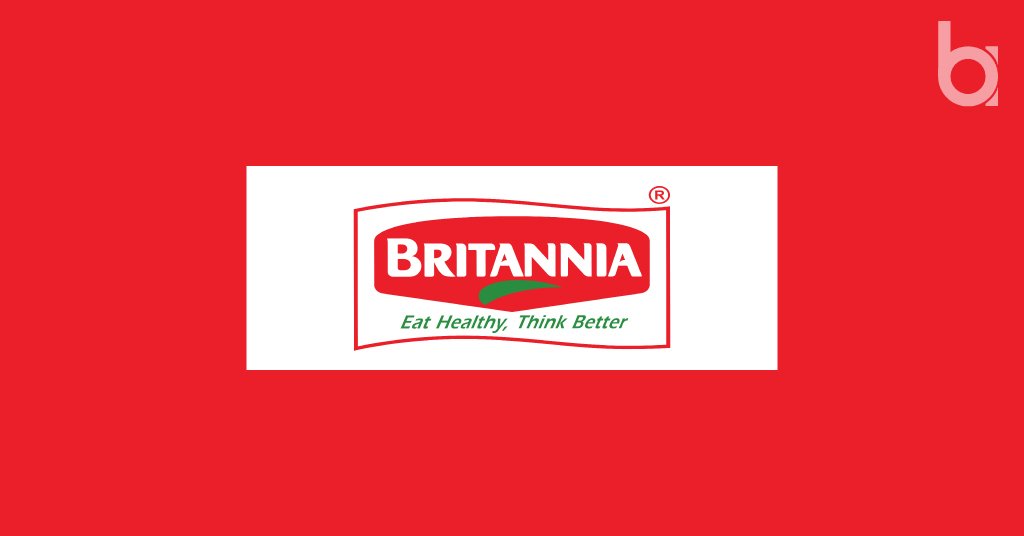
- Founder: Nulsi Wadia
- Foundation Year: 1892
- Sales Turnover: Rs 4,125 crore
Britannia Industries Limited is a prominent FMCG company renowned for its bakery products. The company’s extensive product range encompasses biscuits, dairy products, bread, rusk, cakes, and snacks, with its bakery items being particularly well-regarded. Notable offerings include Bourbon, GoodDay, fruit bread, chocolate bread, fruit cakes, and chocolate cakes.
Regarding its pricing strategy, Britannia strategically places competition at its core, primarily targeting price-sensitive middle-class consumers. This approach occasionally sparks price battles with competitors. Additionally, the company utilizes product bundling to lower prices, a strategy notably evident in its family pack offerings.
In terms of marketing, Britannia allocates significant resources to both online and offline advertising, harnessing various platforms such as print, radio, television, and the Internet. Their advertisements consistently emphasize flavor, quality, and nutritional value. They often incorporate familiar cartoon characters and endorsements from celebrities. Furthermore, Britannia collaborates with NGOs and government bodies to promote public awareness and health initiatives. To attract customers and boost sales, the company regularly offers various sales promotions.
In conclusion, India’s six leading FMCG companies hold significant influence in the consumer goods sector. They are well-known for their innovative approaches, broad market presence, and product quality. These companies have not only solidified their positions within the domestic market but have also made a mark on the global stage. Their unwavering commitment to offering a wide range of high-quality products underscores their resilience and dedication to serving India’s expanding consumer base.
ALSO READ: 10 Best Smartphone Companies in the World: Decide your Next Smartphone




